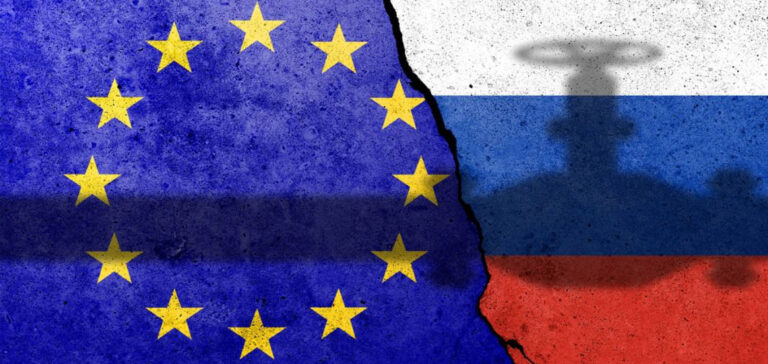The end of the EU’s dependence on Russian fossil fuels is drawing closer. But it is important to note that there is “no room for complacency” when it comes to the vulnerability of its energy markets, according to a Union report published on October 24. The Energy Union 2023 Annual Report shows that efforts to move away from Russian energy are bearing fruit, with the EU on track to achieve the REPowerEU goal of independence from Russian fossil fuels by 2027.
Energy markets remain vulnerable
“The worst effects of the crisis may be behind us, but we mustn’t let our guard down,” says the report. “Energy markets remain vulnerable,” he adds. “It’s essential to protect our critical infrastructure, including from acts of sabotage, and the crisis has shown the risks associated with reliance on unreliable sources.”
Fall in Russian gas imports
By 2022, total Russian gas imports have fallen to around 80 billion cubic meters, compared with an annual import level of around 155 billion cubic meters before the crisis. Russian gas imports to the EU currently stand at around 40-45 billion cubic meters in 2023. Despite an increase in Russian LNG imports over the same period, mainly under long-term contracts with a purchase obligation, Russia’s overall share of total EU gas imports has fallen to 15%, from 45% to 50% before the crisis, according to the EU.
The report points out that demand reduction efforts have also contributed, with the EU saving over 18% (53 billion cubic meters) of gas compared to the previous five years. EU policy reforms and support measures have also helped to limit price risks on European gas markets, but the report shows that the number of people affected by fuel poverty has risen by 10.7 million across the EU.
Continuous vigilance is essential
“The EU must remain vigilant and continue to reduce energy dependencies, as the risk of energy supply disruptions and price spikes remains,” says the report. Gas prices in Europe rose slightly this month, mainly due to supply concerns.
Energy security for winter 2023-24
The EU claims to be well prepared to ensure energy security during the winter of 2023-24, thanks to a variety of energy sources, full gas storage facilities and reduced demand. However, it highlights several key risks that could arise during this period, including the complete shutdown of pipeline gas imports and attacks on critical infrastructure, highlighting the temporary closure of Israel’s Tamar offshore gas field and the Balticconnector outage earlier this month as key examples.
“Prices remain volatile and react to any disruption on the global market,” the report adds. In its conclusions, the report states that coordination between EU member states, coupled with preparedness and resilience, will remain crucial elements in guaranteeing energy security, strengthening the EU’s energy independence and completing the transition to clean energy.






















